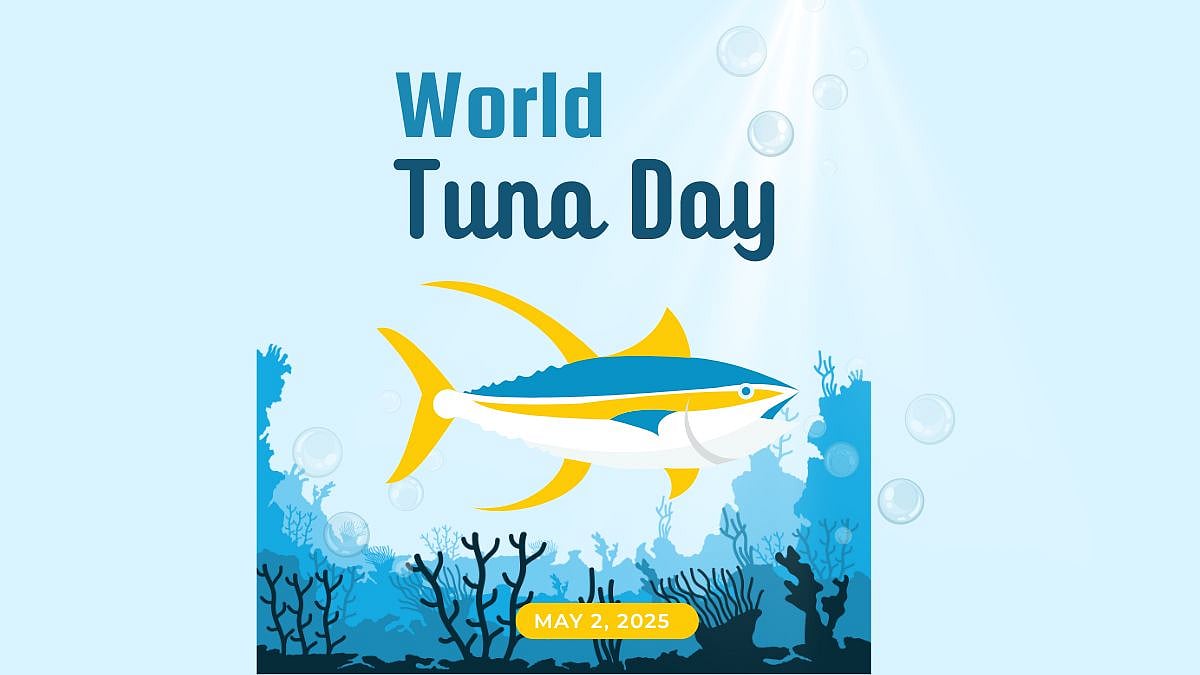World Tuna Day is observed annually on May 2 to raise awareness about the importance of tuna, the need for sustainable fishing practices, and the impact of overfishing on marine ecosystems. As one of the most economically valuable fish species worldwide, tuna plays a critical role in global food security and ocean health.
Origin
World Tuna Day was officially established by the United Nations in 2016, following a proposal by the Pacific island nations, where tuna fishing is a major source of livelihood. The first observance took place in 2017, with the aim of promoting the conservation of tuna stocks and ensuring that future generations can continue to benefit from this marine resource.
Tuna are migratory species found in both tropical and temperate oceans. Due to their high demand—particularly in sushi and canned fish markets—tuna have been subject to intense commercial fishing, which has led to the decline of several tuna species, including the Atlantic bluefin.
Significance of World Tuna Day
World Tuna Day serves as a global reminder of the ecological, economic, and cultural importance of tuna. It emphasizes the urgent need to implement science-based management plans, combat illegal, unreported, and unregulated (IUU) fishing, and encourage consumers to choose sustainably sourced tuna.
The day also highlights the interdependence between coastal communities and marine life, especially in small island developing states where tuna fisheries are vital to nutrition and employment.
World Tuna Day 2025 Celebrations
The day is celebrated by organising policy discussions, educational campaigns, and marine conservation initiatives. Governments, NGOs, and fishing communities unite to spread awareness about protecting tuna species and maintaining balance in marine biodiversity. World Tuna Day 2025 is a call to action—promoting responsibility, sustainability, and awareness for the health of our oceans.
